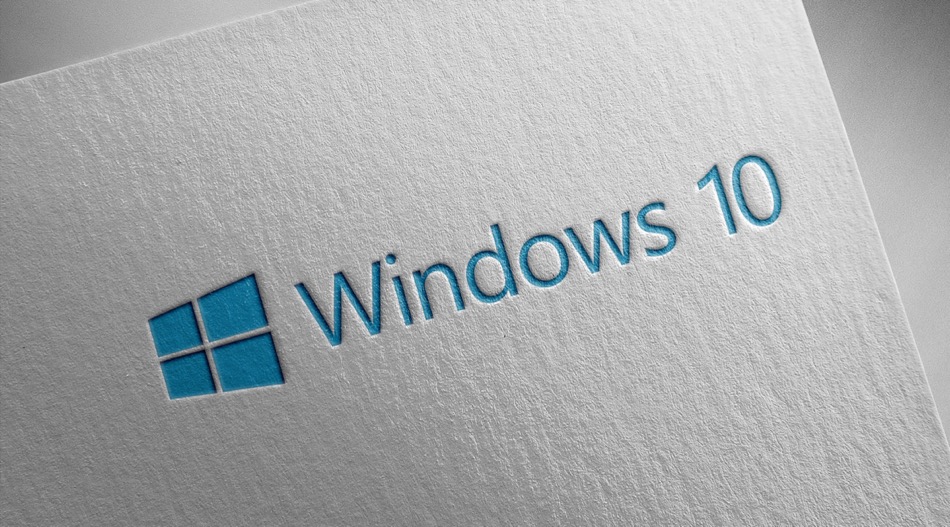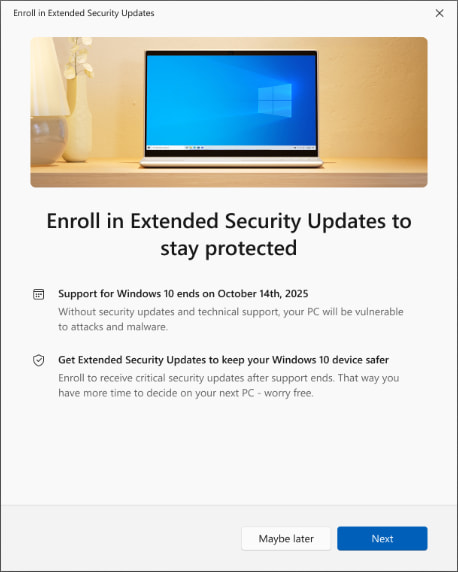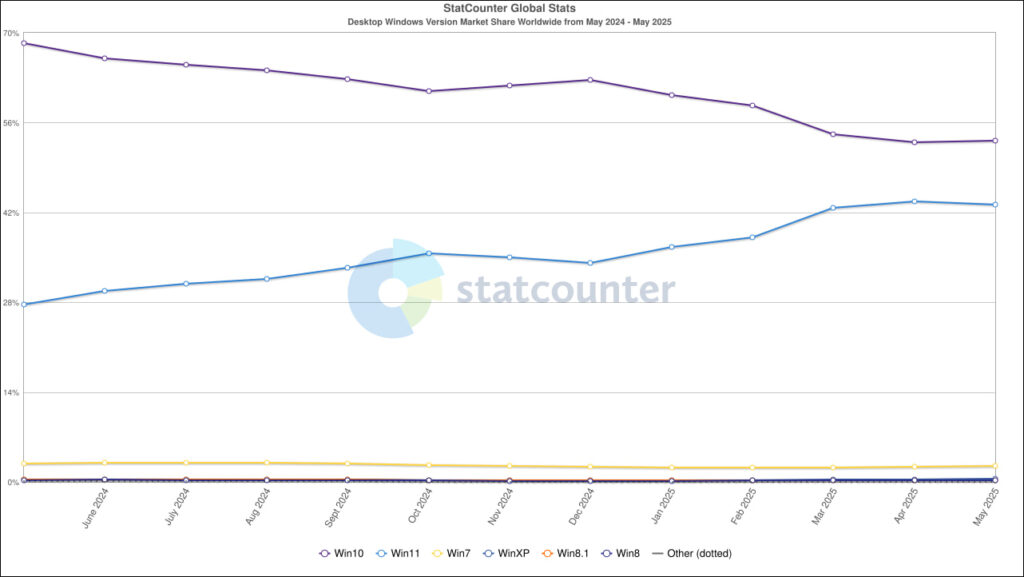
With less than four months left before Windows 10 reaches its end-of-support deadline, Microsoft has announced it will extend its Extended Security Updates (ESU) program to individual consumers.
This move provides millions of users a critical safety net against looming cybersecurity threats, even as Microsoft urges users to migrate to Windows 11 or adopt cloud-based alternatives.
The announcement outlines enrollment options for individuals wishing to receive critical and important security updates beyond the October 14, 2025, cutoff. Until now, the ESU program was restricted to enterprise and institutional customers. Under the updated plan, personal users of Windows 10 can choose from three enrollment paths: redeeming 1,000 Microsoft Rewards points, backing up their PC using the built-in Windows Backup tool, or paying $30 for a one-year license.

Microsoft
The rollout of the consumer ESU enrollment wizard has already begun via the Windows Insider Program and will gradually expand to general users starting July, with broad availability expected by mid-August. Enrolled systems will continue receiving monthly security patches from October 15, 2025, through October 13, 2026.
This policy shift comes amid mounting concerns over the massive Windows 10 userbase that remains exposed. According to StatCounter’s latest data from May 2025, Windows 10 still powers 53% of desktop PCs worldwide, significantly ahead of Windows 11 at 43%. ESET warned in January that 32 million devices still rely on Windows 10, comprising over 65% of the national PC fleet. The DACH region (Germany, Austria, Switzerland) collectively has more than 35 million PCs running an OS slated to lose mainstream support.

Statcounter
Windows 10, launched in July 2015, was heralded as a “final Windows” at the time, receiving continuous updates rather than major version jumps. However, the arrival of Windows 11 in 2021 signaled a new strategy centered on modern hardware, AI integration, and enhanced security. Microsoft has since made Windows 11 a requirement for accessing new features and Copilot+ AI capabilities, which are unavailable on Windows 10 hardware.
The ESU extension is a crucial step in mitigating what security experts warn could be a repeat, on a much larger scale, of the Windows 7 end-of-life scenario. In contrast to Windows 7, which had a dwindling user base by 2020, Windows 10 remains entrenched across consumer and enterprise environments. Cybersecurity analysts have already flagged this as an ideal opportunity for attackers, who are likely stockpiling zero-day vulnerabilities in anticipation of unpatched systems next year.
Importantly, Microsoft stresses that the ESU program is not a long-term solution. It will provide only security patches and no feature updates, technical support, or UI enhancements. Businesses may renew annually for up to three years, with costs increasing each year. For consumers, Microsoft has only committed to a single year of ESU coverage at this point.
To minimize risks, users are urged to transition to supported platforms wherever possible. Those with compatible hardware can upgrade to Windows 11 at no cost. For legacy hardware that doesn’t meet Windows 11 requirements, alternatives include migrating to a Linux-based operating system or using a Windows 365 Cloud PC, which entitles devices to ESU at no additional cost.







Leave a Reply